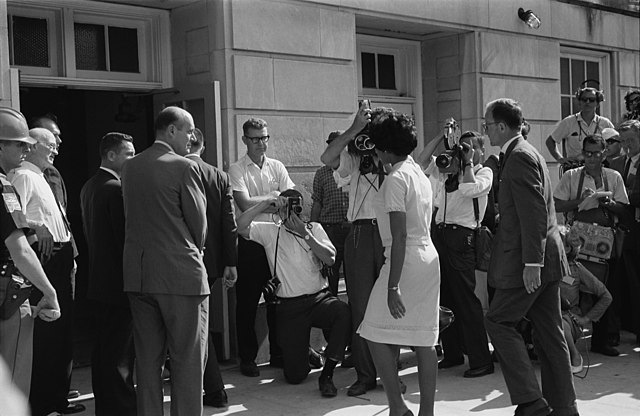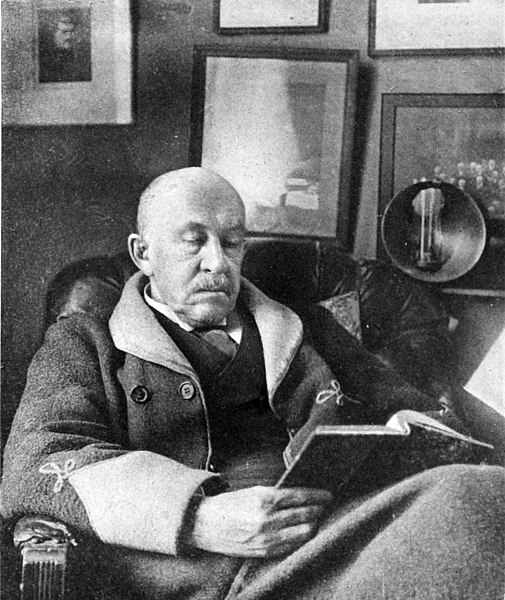Ethnocentrism in social science and anthropology—as well as in colloquial English discourse—means to apply one's own culture or ethnicity as a frame of reference to judge other cultures, practices, behaviors, beliefs, and people, instead of using the standards of the particular culture involved. Since this judgment is often negative, some people also use the term to refer to the belief that one's culture is superior to, or more correct or normal than, all others—especially regarding the distinctions that define each ethnicity's cultural identity, such as language, behavior, customs, and religion. In common usage, it can also simply mean any culturally biased judgment. For example, ethnocentrism can be seen in the common portrayals of the Global South and the Global North.
Polish sociologist Ludwig Gumplowicz is believed to have coined the term "ethnocentrism" in the 19th century, although he may have merely popularized it.
William Graham Sumner
Racism is discrimination and prejudice against people based on their race or ethnicity. Racism can be present in social actions, practices, or political systems that support the expression of prejudice or aversion in discriminatory practices. The ideology underlying racist practices often assumes that humans can be subdivided into distinct groups that are different in their social behavior and innate capacities and that can be ranked as inferior or superior. Racist ideology can become manifest in many aspects of social life. Associated social actions may include nativism, xenophobia, otherness, segregation, hierarchical ranking, supremacism, and related social phenomena. Racism refers to violation of racial equality based on equal opportunities or based on equality of outcomes for different races or ethnicities, also called substantive equality.

African-American university student Vivian Malone entering the University of Alabama in the U.S. to register for classes as one of the first African-American students to attend the institution. Until 1963, the university was racially segregated and African-American students were not allowed to attend.
In 1899 Uncle Sam (a personification of the United States) balances his new possessions which are depicted as savage children. The figures are Puerto Rico, Hawaii, Cuba, Philippines and "Ladrones" (the Mariana Islands).
A rally against school integration in Little Rock, Arkansas, 1959
A pro–Hiester Clymer racist political campaign poster from the 1866 Pennsylvania gubernatorial election






